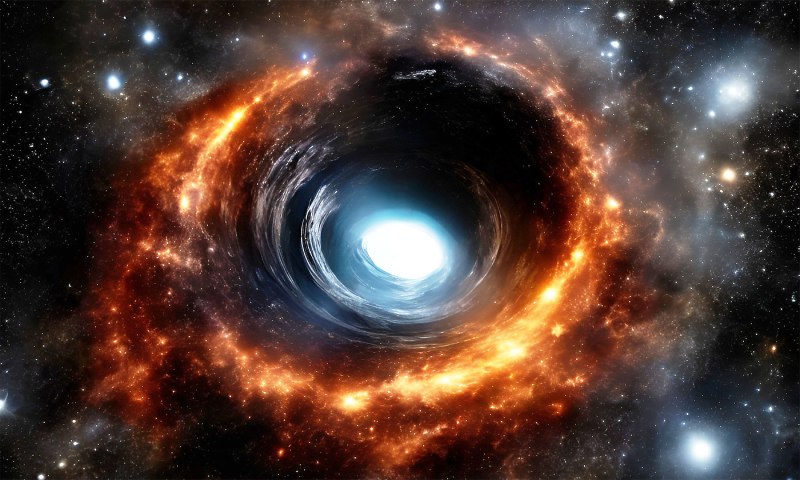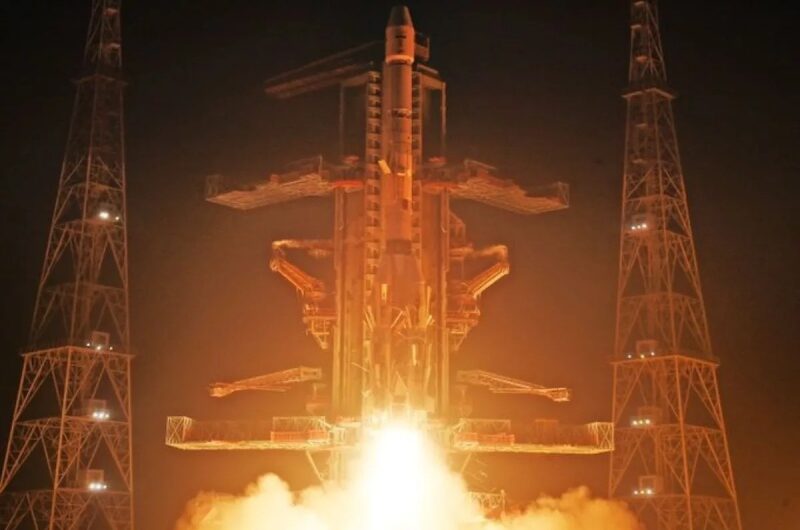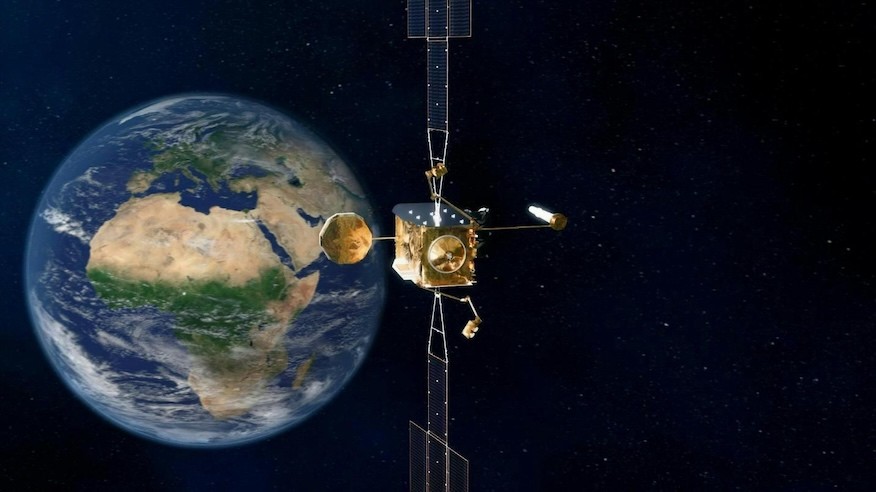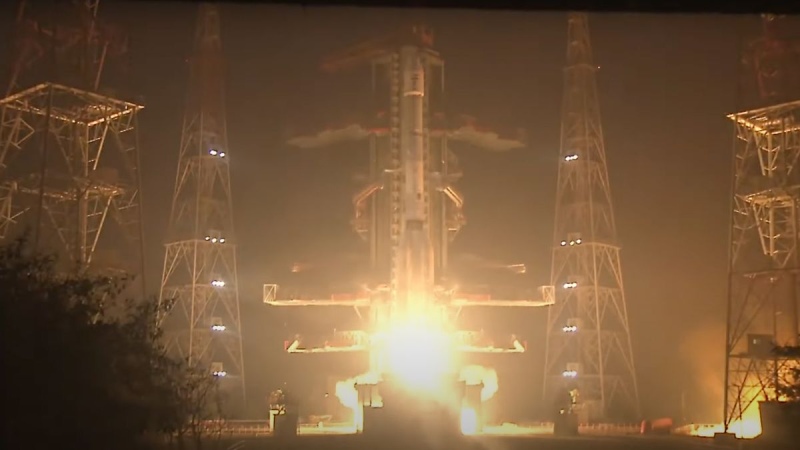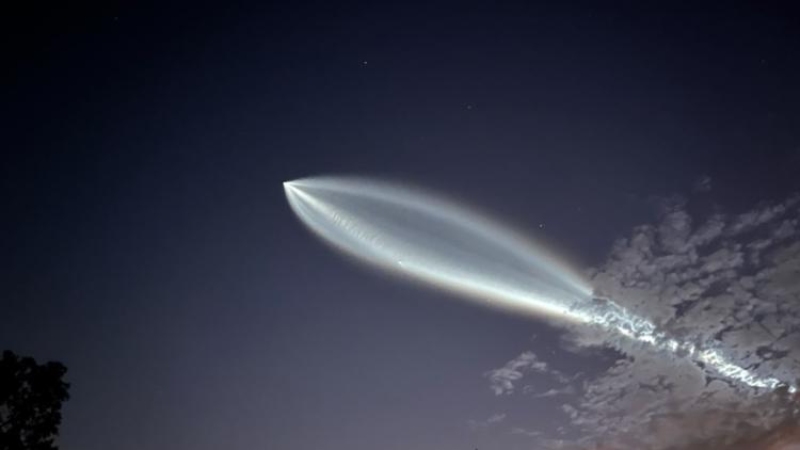Astronomers are delving into the intriguing possibility that black holes may have a connection to the universe’s accelerated expansion, potentially driven by the mysterious force known as dark energy. Dark energy, which makes up around 70% of the universe, has long been thought to spread uniformly across space, gradually pushing galaxies apart since the moments following the Big Bang. Now, new research published in the Journal of Cosmology and Astroparticle Physics hints at a potential link between dark energy and black holes, sparking both interest and debate within the scientific community. This study suggests that black holes, which are formed by the collapse of massive stars, could play a role in the dark energy dynamics as they expand and grow.
The researchers used the Dark Energy Spectroscopic Instrument (DESI) on the Nicholas U. Mayall Telescope in Arizona to conduct their analysis, focusing on estimating dark energy levels throughout the universe’s history. Their findings reveal that as black holes grow in mass, there appears to be a corresponding increase in dark energy density over time. Dr. Gregory Tarlé, a physics professor at the University of Michigan and co-author of the study, proposed that the gravitational forces within black holes might mimic conditions similar to those present in the early universe, describing this phenomenon as a kind of “reverse inflation.” In Tarlé’s view, the collapse of a massive star could potentially create dark energy, akin to a reverse Big Bang effect.
This concept could also provide insights into a longstanding puzzle in cosmology known as the “Hubble tension” — the discrepancy in observed expansion rates in different parts of the universe, which has challenged current cosmological models. The idea posits that black holes might have a hand in these observed differences, adding a new layer of complexity to our understanding of universal expansion. Dr. Duncan Farrah, a physics associate professor at the University of Hawaii and study co-author, has noted that the research hints at a “plausible” link between black holes and the levels of dark energy in the universe.
While these findings present intriguing possibilities, the team emphasizes that further research, particularly with instruments like DESI, will be crucial to substantiate these early observations. Dr. Tarlé underlined that the question of black holes contributing to dark energy is now considered “an experimental question,” opening a fresh path in the study of black holes and the powerful forces that shape the cosmos.
Topics #Astronomers #black holes #Dark energy #news #Scientists #solar system #Space #universe
